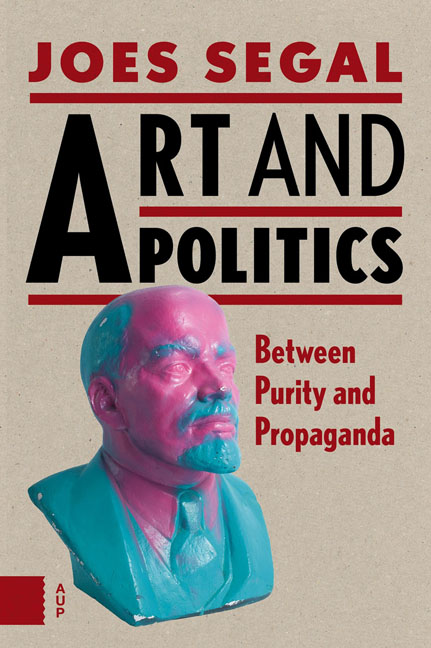Book contents
- Frontmatter
- Contents
- Introduction
- 1 Positive and Negative Integration: The First World War in France and Germany
- 2 Between Nationalism and Communism: Diego Rivera and Mexican Muralism
- 3 National and Degenerate Art: The Third Reich
- 4 Internal and External Enemies: The Cold War
- 5 From Maoism to Capitalist Communism: The People’s Republic of China
- 6 The In-Between Space: Kara Walker’s Shadow Murals
- 7 A Heavy Heritage: Monuments in the former Soviet Bloc
- Conclusion
- Notes
- Bibliography
- Index of names
3 - National and Degenerate Art: The Third Reich
Published online by Cambridge University Press: 16 February 2021
- Frontmatter
- Contents
- Introduction
- 1 Positive and Negative Integration: The First World War in France and Germany
- 2 Between Nationalism and Communism: Diego Rivera and Mexican Muralism
- 3 National and Degenerate Art: The Third Reich
- 4 Internal and External Enemies: The Cold War
- 5 From Maoism to Capitalist Communism: The People’s Republic of China
- 6 The In-Between Space: Kara Walker’s Shadow Murals
- 7 A Heavy Heritage: Monuments in the former Soviet Bloc
- Conclusion
- Notes
- Bibliography
- Index of names
Summary
Can one adequately discuss the history and art of an abject regime by following a traditional historical or art historical approach? Is it possible to write about art in the Third Reich, in Stalin's Soviet Union or in Mao Zedong's China without immediately identifying the artworks with the political regime? Is it even possible to speak about ‘art’ when a totalitarian regime strictly controls the art world and uses art as a means to help express its ideology? Or do these questions overestimate the power of politics and underestimate the creative power of art, even under dire circumstances?
Art from the Third Reich has long been neglected by art historians, with the exception of modern artworks deemed ‘degenerate’ by the Nazis. National Socialist art, as far as it survived the Allied bombings and the extensive art theft by Allied troops after World War II, was stored away in the darkest vaults of German museum depots. Until the early 1960s, there was not much public critical reflection on the recent past in Germany. Many people wanted to forget about their traumatic experiences and their sense of shame, and focus as much as possible on building up a new society. The arrest and detention of Adolf Eichmann (1960-61) and the Frankfurt Auschwitz trials (1963-65), however, evoked an intense critical public debate about the Third Reich. The so-called ‘generation of 1968’ in West Germany not only turned against American imperialism and the war in Vietnam but also against its own fathers and grandfathers, who had lived and sometimes served under the Nazis. By this time, art historians had started to study Nazi art and Nazi architecture, not as valid art forms but as expressions of a thoroughly criminal political system.
In the 1980s the study of Nazi art became more differentiated. It is possible that the konservative Wende (conservative turn), beginning in 1982 under the new Chancellor Helmut Kohl, influenced this process, as did the so-called Historikerstreit (battle of the historians), a fierce public debate among professional historians and others about the interpretation of the Third Reich, following an op-ed article in the Frankfurter Allgemeine Zeitung by historian Ernst Nolte in 1986.
- Type
- Chapter
- Information
- Art and PoliticsBetween Purity and Propaganda, pp. 45 - 60Publisher: Amsterdam University PressPrint publication year: 2016



